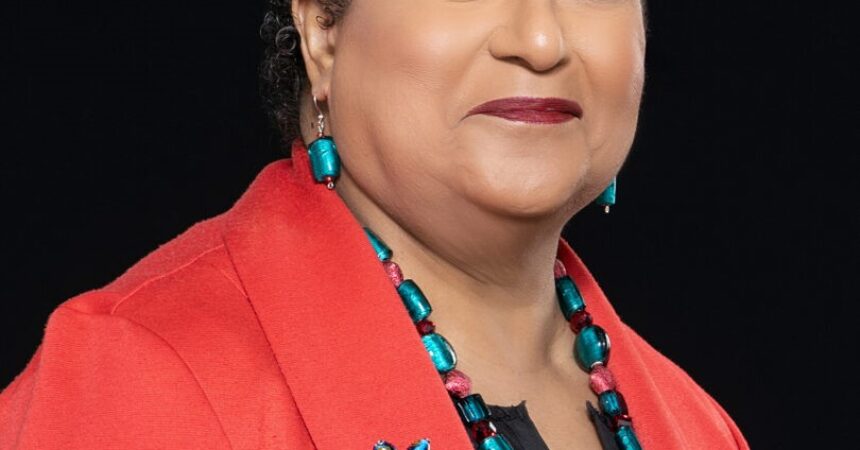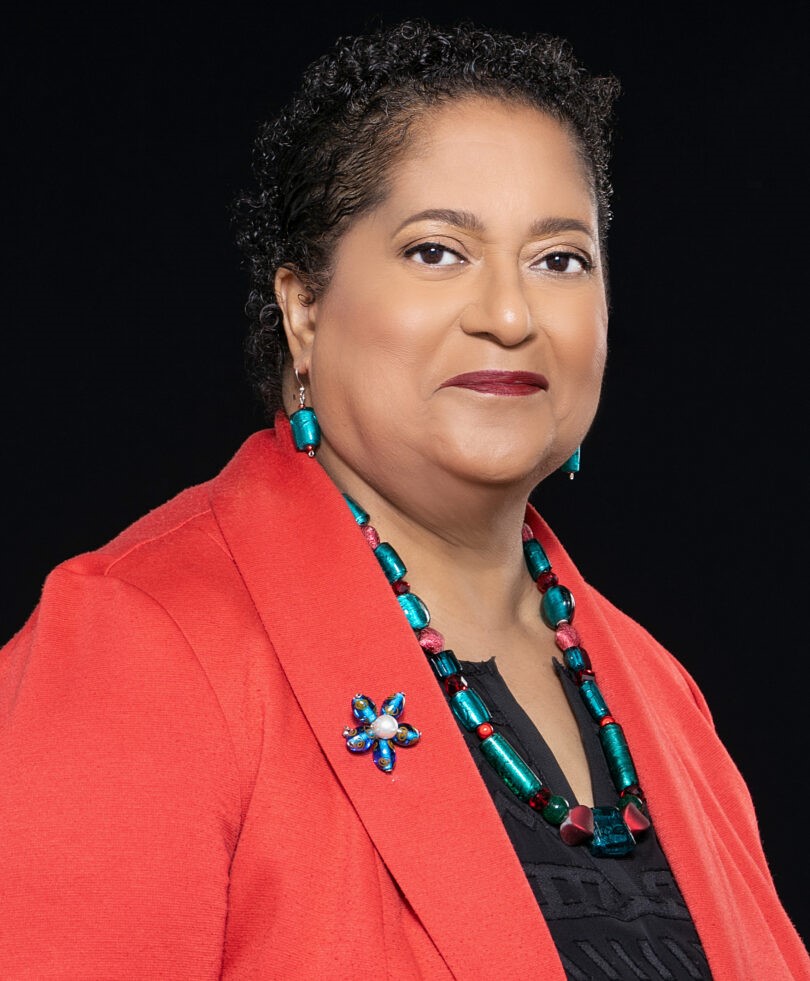
Top three reasons to invest in Reproductive Justice during Black History Month

By Marcela Howell
Special to NNPA
Reproductive Justice is grounded in human rights and Black feminist theory that centers the intersectional impact of race, gender and class on the ability to live free from oppression. RJ is all about individuals having both the right and the ability to create and nurture the family of their choosing and achieve optimum mental, physical, community and economic health.
Black women do not live in silos and RJ reflects that. RJ is about more than our bodies, it’s about economic justice, voting rights, housing justice, environmental justice, LGBTQ liberation, immigrants’ rights and the decriminalization of Black people. It’s about all of the issues that impact our ability to live free from oppression. As we move through our lives, all of these issues intersect.
The RJ movement demands that governments and society be obligated to ensure conditions exist for each individual to exercise these rights freely. When we have policies and laws in place to make these values the lived experience of every Black woman, girl, femme and gender-expansive person, then ALL people will be free from oppression.
At this critical juncture, when our rights are under extreme attack, there are three compelling reasons to support the Reproductive Justice movement:
- Voting rights
Black women are the most powerful voting bloc in this country. We’ve faced attacks by police dogs, fire hoses, and bloody beatings to secure voting rights for ourselves and our children. Support a Black RJ organization that does voter engagement and education work at the grassroots and grass-tops levels. Help us continue to fight to pass the John Lewis Voting Rights Advancement Act in Congress.
- Maternal health
Black women are 3-5 times more likely to experience a pregnancy-related death than their White counterparts. Reproductive Justice can only be achieved when Black women, femmes, girls and gender-expansive individuals can experience pregnancy and childbirth without endangering our lives. Help us continue to advance birthing justice.
- Pay equity
Black women make 63 cents for every dollar a White man makes. This wage gap amounts to Black women making $1 million dollars less than White men during their careers. One way to close the wage gap is with a universal basic income (UBI) program. It would provide families the financial flexibility they need without adding to their personal debt.
When we follow Black women’s leadership, everybody benefits because we are fighting to make all of society more equitable. So, this Black History Month, give the gift of empowerment to Black women by supporting Reproductive Justice.
Marcela Howell is president and CEO of In Our Own Voice: National Black Women’s Reproductive Justice Agenda. Follow her work on Twitter at @BlackWomensRJ.







